Between 14 and 16 June 2025, Lilongwe, Malawi, hosted a regional Day of the African Child commemoration bringing together children from different countries in Africa to share experiences and formulate collective recommendations. On 16 June, African children adopted a joint declaration, acknowledging progress made over 15 years but urging urgent action to address ongoing gaps.
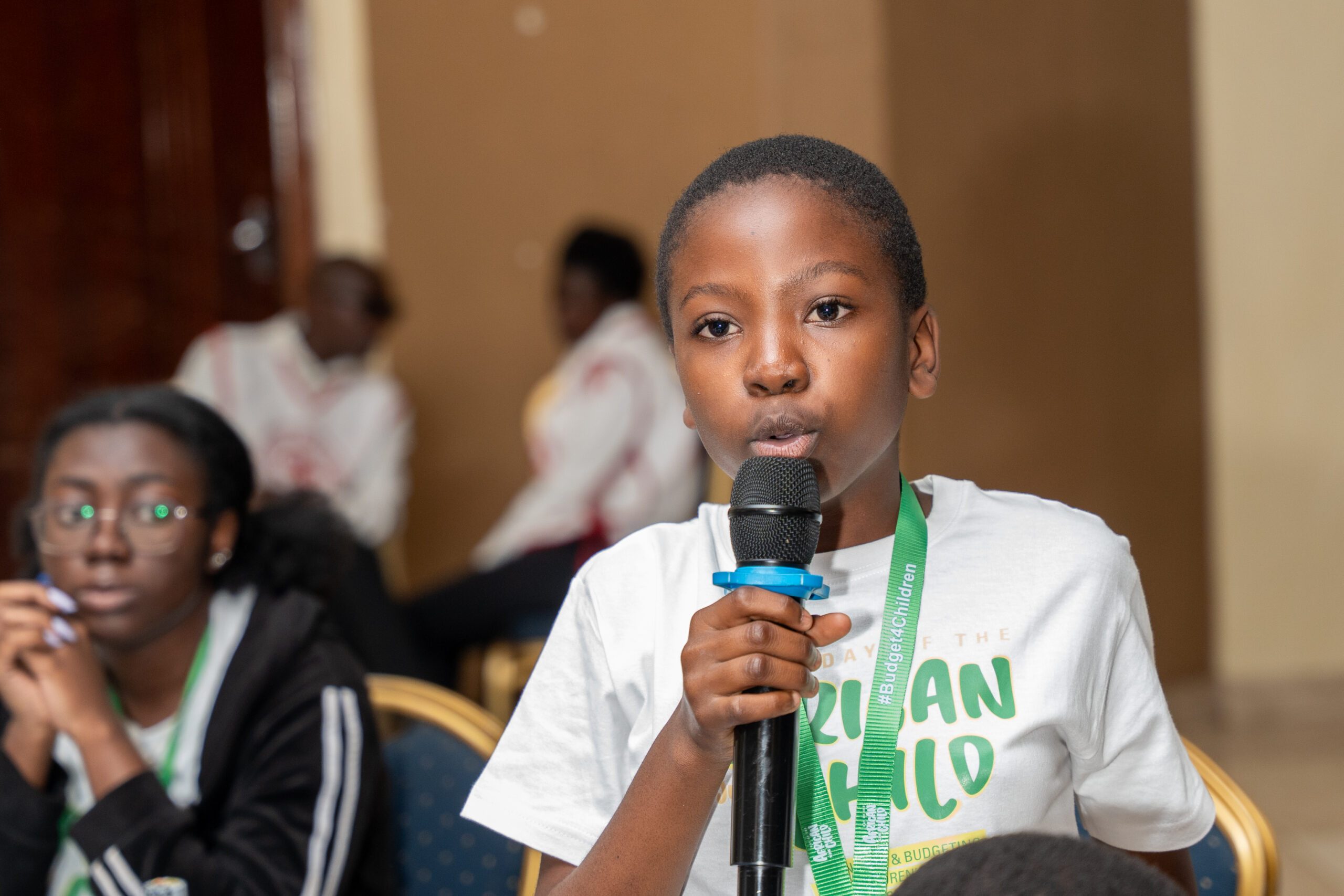
Planning and budgeting for children’s rights: progress since 2010
Under the theme “Planning and budgeting for children’s rights: progress since 2010,” Plan Malawi called on governments to assess progress made in funding children’s rights and renew their commitment to child-focused budgeting. The goal is to ensure real improvements in children’s access to education, health, nutrition, protection, and participation.
Plan Malawi, together with children and young people, led the development of key messages for the event and more children mentored by Plan Malawi participated in a number of activities including making official remarks, panel discussions and poetry.
One of the young people, Loyce, from Lilongwe in her speech at the event said, “We are not asking for favours, we are demanding our rights to be planned and budgeted for.”
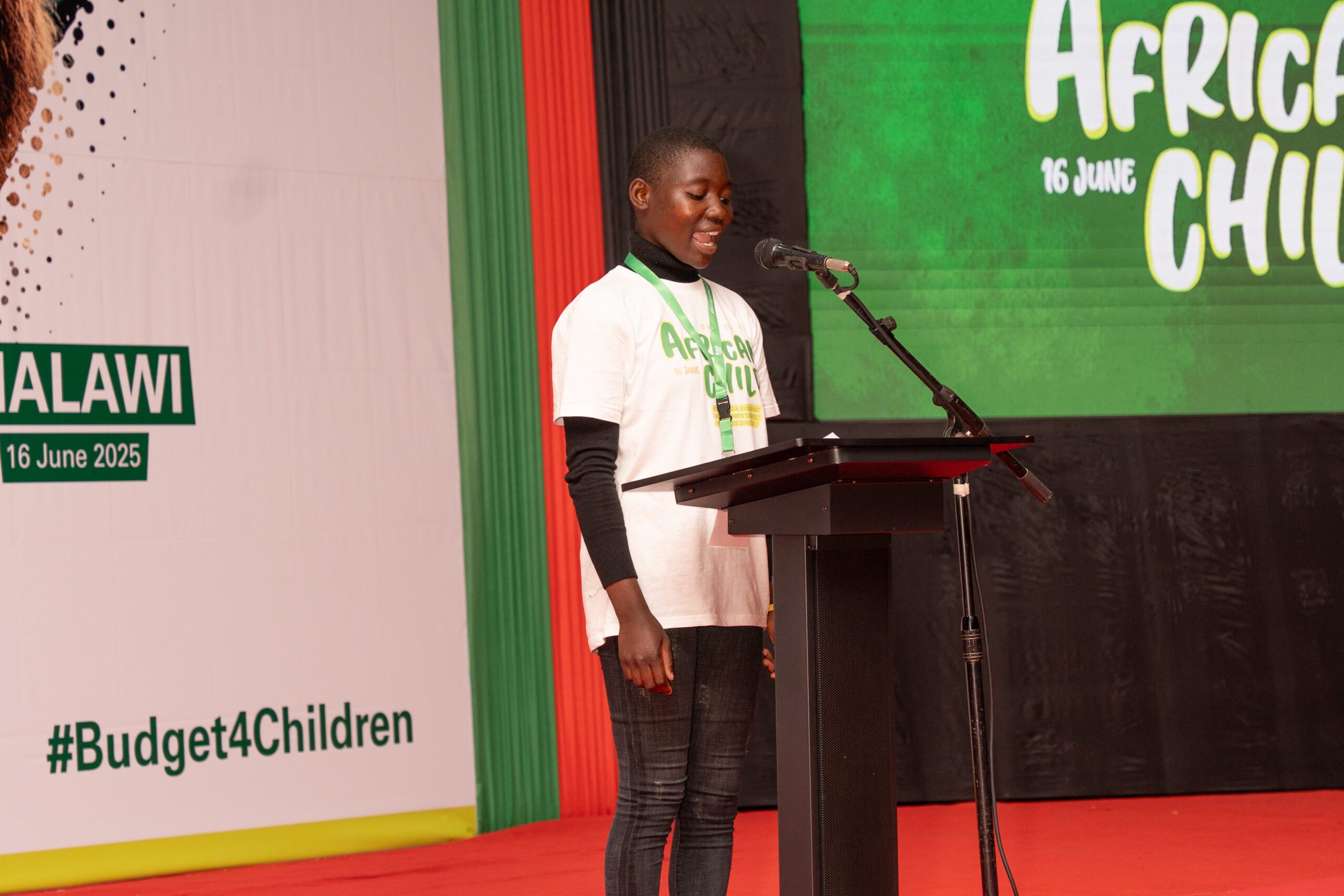
The Malawi government, represented by the State Vice President Dr. Michael Usi, committed to involve children in decision making spaces and that budgets will reflect what children themselves will recommend. The Vice President said, “Investing in children is not charity, it is the smartest investment any government can make for a better future.”
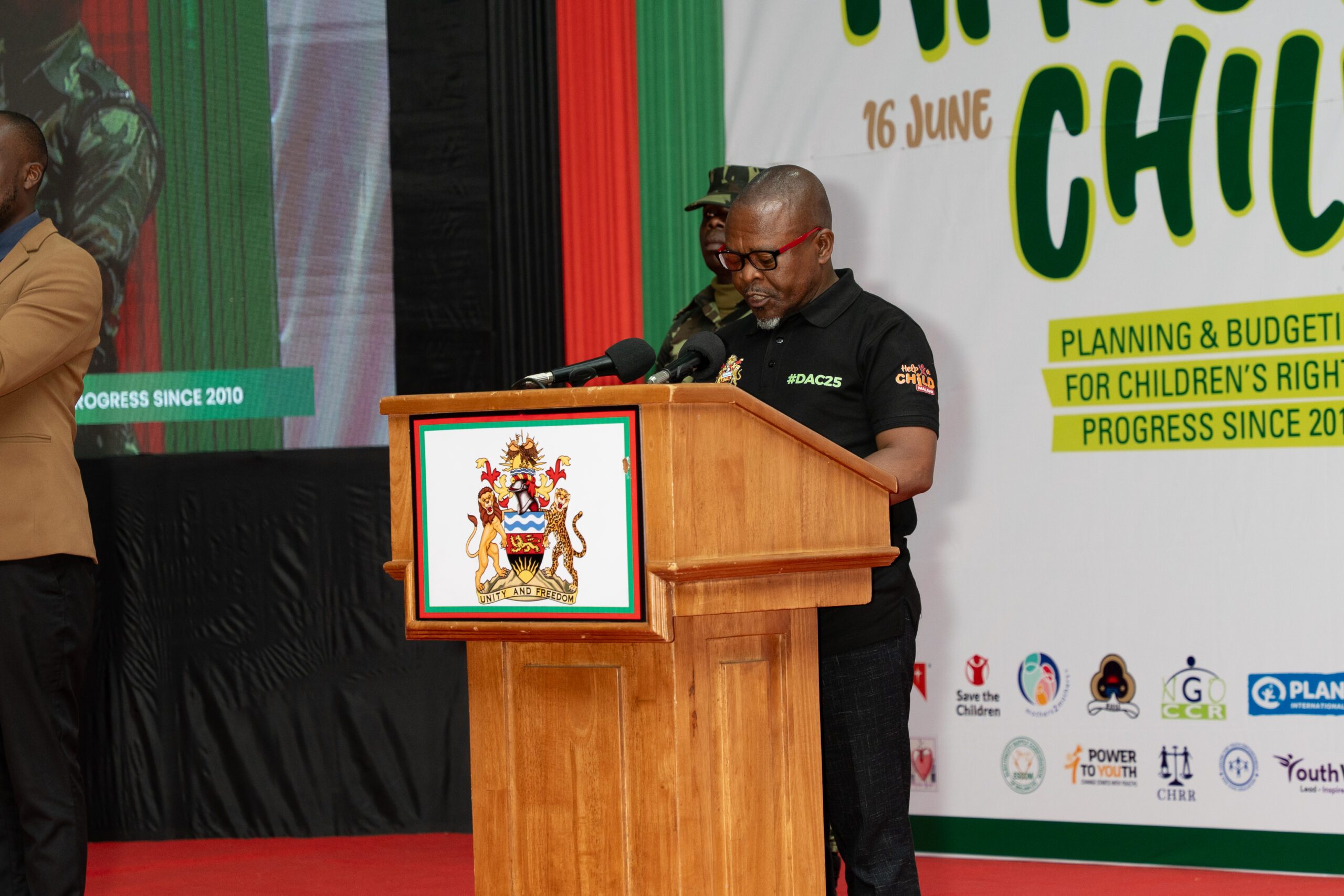
“Investing in children is not charity, it is the smartest investment any government can make for a better future.”
Dr. Michael Usi, Vice President of the Republic of Malawi
A call to action!
Since 2010, children’s rights progress includes increased child participation, child-sensitive budgeting, and efforts toward free, compulsory basic education.
Yet these gains are unevenly implemented, with full implementation of free education still pending in many countries.
Children face climate shocks that are disrupting services and causing displacement, weak protection systems, and poverty driving labour and rights violations. Despite rising child budgets, allocations remain too low, misdirected, opaque, and prone to corruption or poor management.
To address these shortfalls, the final declaration puts forward concrete recommendations:
Governments
Governments must increase and protect funding for essential services such as education, health, nutrition, water and sanitation, and social protection, especially for the most vulnerable children. They should ensure that budgeting processes are transparent, accountable, and include child-friendly feedback systems.
Expanding school feeding programmes, bursaries, and access to learning technologies is key. Additionally, governments should strengthen emergency preparedness and climate response budgets with a clear focus on children’s needs. Meaningful child participation in planning and budgeting must be institutionalised at all levels.
African Union
The African Union (AU) and the African Committee of Experts on the Rights and Welfare of the Child (ACERWC) should require Member States to report on child-sensitive budgeting in periodic reviews. They must monitor children’s rights in fiscal policies and ensure resource mobilisation prioritises children affected by historical injustices.
International civil society organisations
International and civil society organisations should advocate for more investments and support inclusive, participatory budgeting processes for children’s benefit. They must track resource spending to ensure it benefits children and build sustainable systems empowering children in resource allocation.
The Lilongwe event urged immediate action on planning and budgeting for children’s rights, emphasising non-discrimination, child participation, survival, and the best interests of the child.
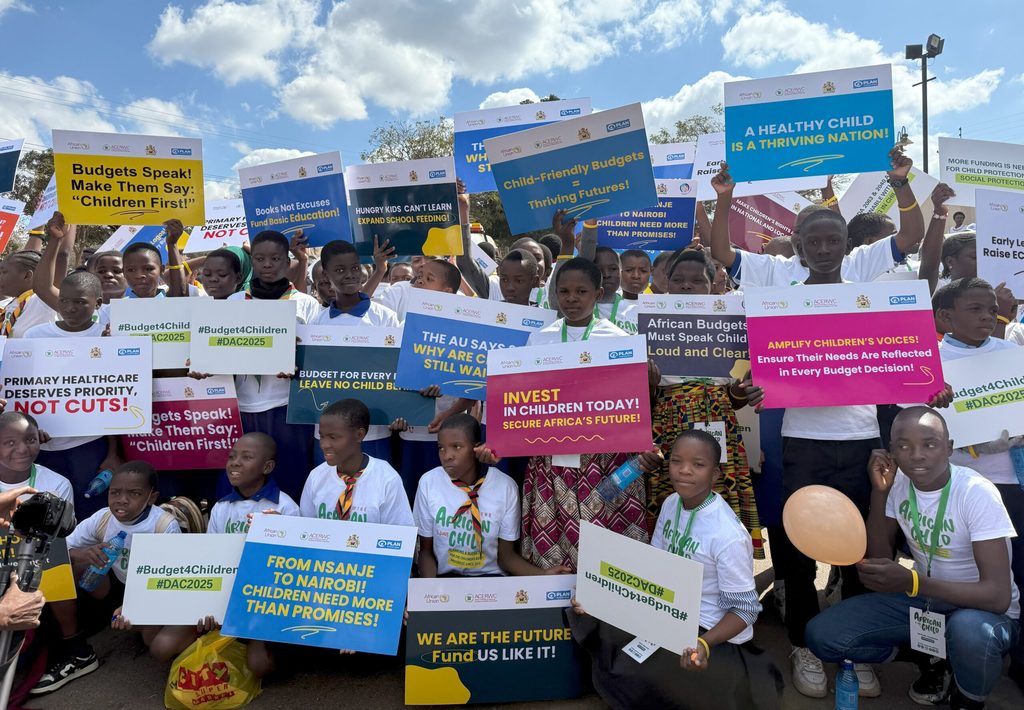
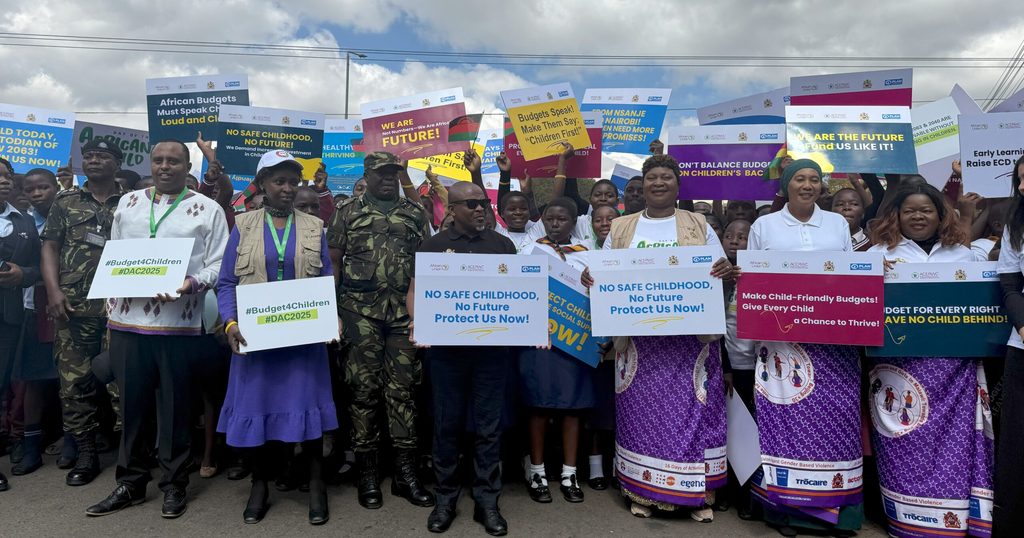
About Day of the African Child
The Day of the African Child, observed annually on 16 June, was instituted by the Organisation of African Unity (now African Union) in 1991 to honour the courage of students who, in 1976, protested against inferior education and language repression under apartheid in Soweto, South Africa. Since 2002, ACERWC, custodian of the African Charter on the Rights and Welfare of the Child, has led yearly events to unite states, society, and children around important issues affecting African youth.
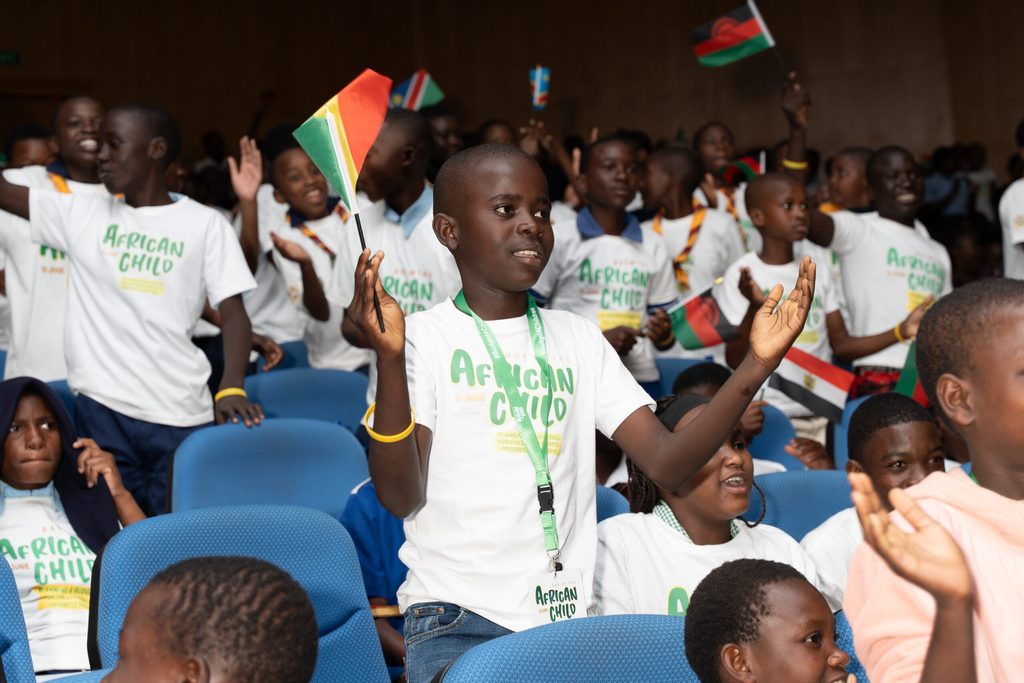
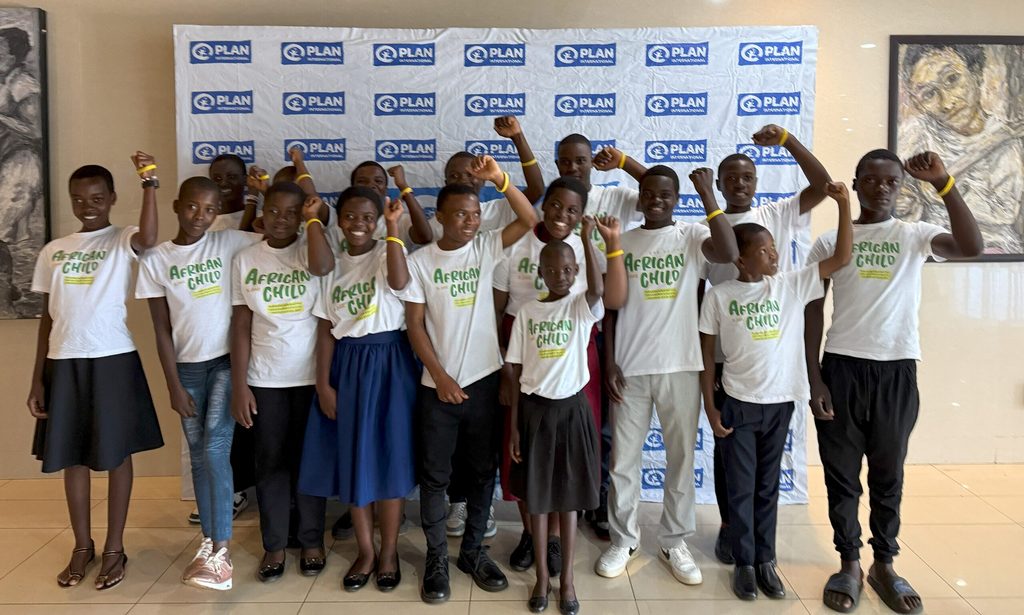
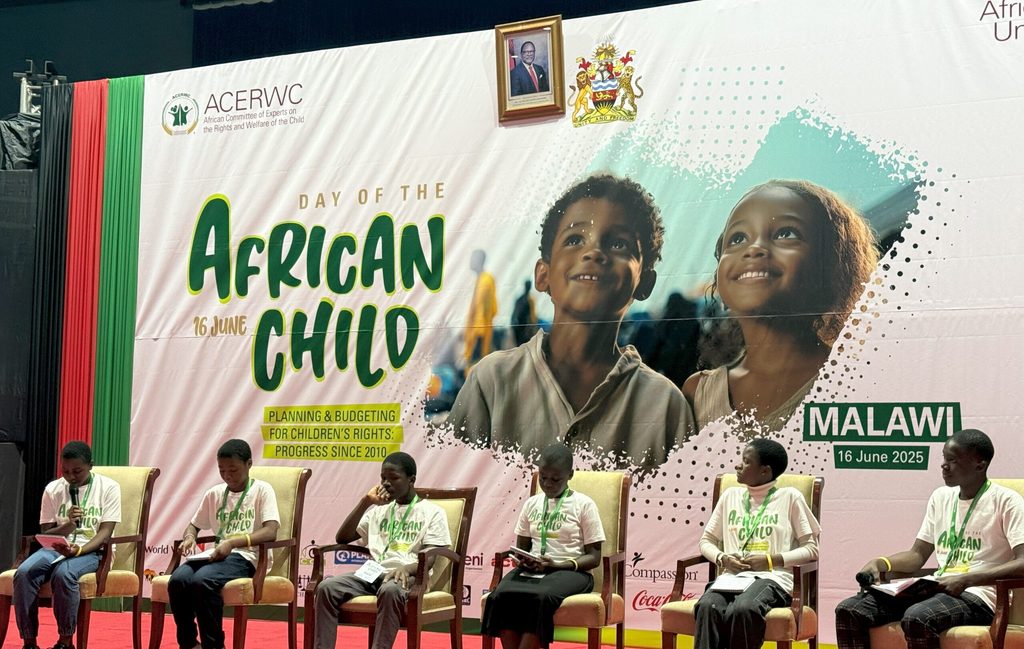
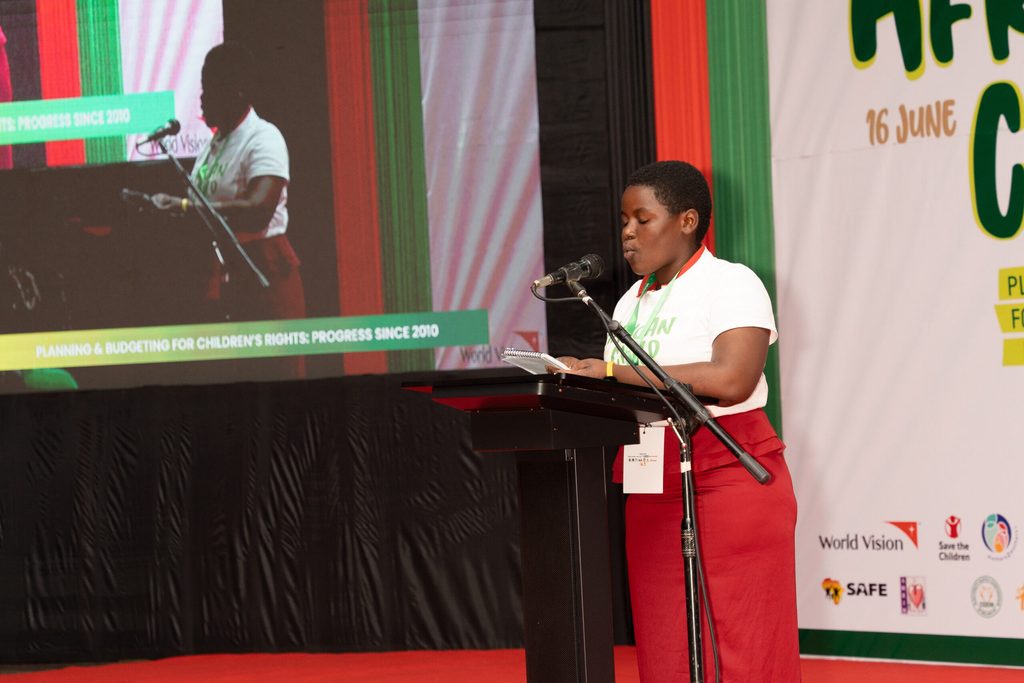
“We are not asking for favours, we are demanding our rights to be planned and budgeted for.”
Loyce, 16, Lilongwe


